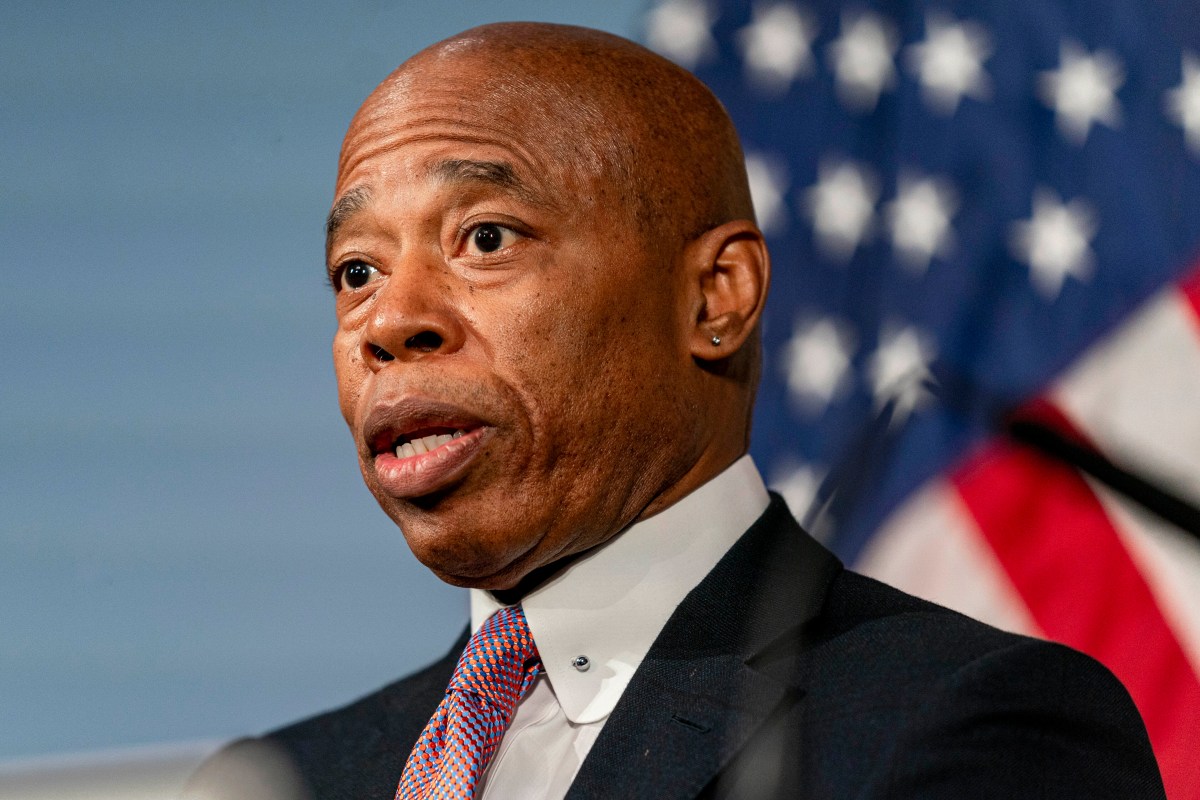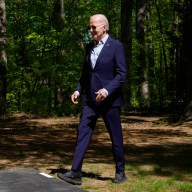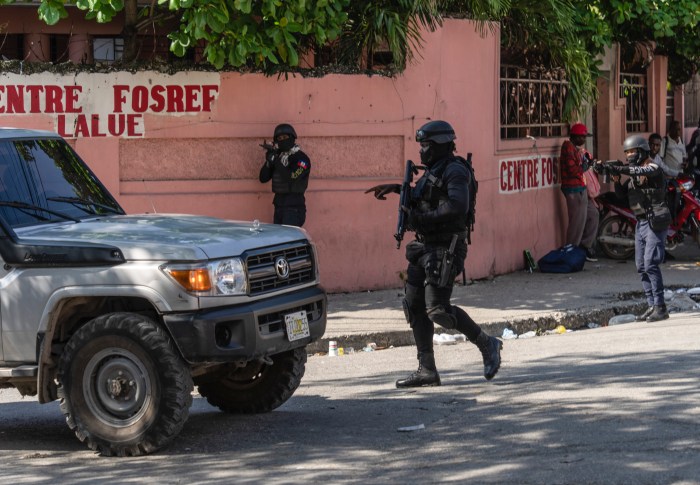In 1968 the science fiction writer Arthur C. Clarke wrote the classic 2001 and predicted mankind would be happily living in space.
For a visionary rarely wide of the mark, this proved to be a spectacular miscalculation.
It’s the second decade of the 21st century and most of us are very much on terra firma.
But that’s about to change.
Entrepreneurs are starting to look at space travel as the next level of adrenaline vacation — albeit for the very well-off — and if all goes to plan, the first real space tourists could be in orbit by the end of the year.
Jeff Greason, the CEO of space firm XCOR said: “Our mission is to radically lower the cost of spaceflight,” and he’s serious.
It’s a small(ish) market but here are the best options:
VIRGIN GALACTIC
What: Spaceship 2, ultra-light carbon composite craft carrying six passengers and two pilots.
Journey: Take off from Spaceport, a purpose-built site in New Mexico, climb to 50,000 feet using conventional power before splitting from the mother ship and heading for space at a rocket-propelled 2,500 mph. Experience zero gravity and stunning views of the Earth and space before heading back in a day.
Cost: $200,000
XCOR AEROSPACE
What: The Lynx suborbital vehicle
Journey: California-based firm says the plane will use liquid fuel rocket engines to hit twice the speed of sound and 200,000 feet before gliding back to earth and landing on a runway 30 minutes later.
The Lynx could make this trip up to four times per day.
Cost: $95,000
BIGELOW AEROSPACE
What: Genesis 2. Neither a rocket or a space vehicle, but an inflatable space station. The Genesis 2 and it’s predecessor Genesis 1 were launched on the top of cold war ballistic missiles and are still orbiting as low level space stations.
Journey: Nevada- based entrepreneur Robert Bigelow hopes the pods will be used both as floating hotels and laboratories for serious scientific research for nations not involved with the International Space Station.
Cost: $14.9 million.
















